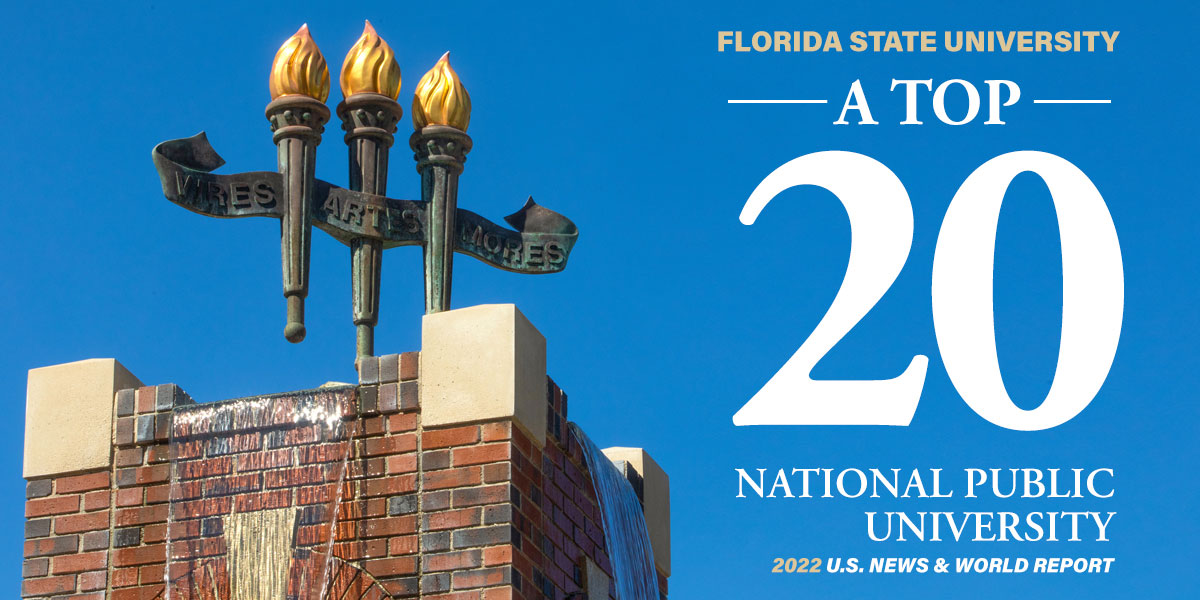

This resulted in many lessons where we didn't really discuss how to have a "good life" and instead talked about how patriarchy was bad, white people are bad, science is bad, individualism is bad, and so on and so forth. On the surface, it seemed like a decent enough class for students in philosophy or literature majors, but the teacher herself was a very ardent Marxist and imposed a lot of her political beliefs into the course. For example, I had to spend a semester in a course titled "What is the Good Life?", which, as its name might suggest, focuses on 'studying' how to have a good life. While the program is rigorous, the real issue comes with the fact that the school also requires students attend classes that in no way contribute to their education in communications. It's a great option for students who are pursuing producer roles in the industry, as it requires using college-affiliated aggregation sites to collect information and video. There's also the "News in 90" online newscasts, which, as the name might imply, is a segment that outlines major stories for the day in 90-second intervals. As the college's in-house news station has a fairly decent news studio, it's definitely a great experience for students to try their hands at. Instead of just performing journalistic work, there are also opportunities for students to "try out" for anchor positions on the station's newscasts. If students are looking for more opportunities to practice these skills, the college also offers a variety of extracurricular activities.

Overall, the college gives the students all of the resources they need to perform well in an actual newsroom, as I've managed to put all of these skills to use in my own career as a journalist post-graduation. There is also the expectation that students are able to memorize the Associated Press stylebook, and the college is 'very' thorough in that regard (two years later and I 'still' remember every single rule in that book!). Each student is also provided with a 32-gigabyte SD Card - courtesy of that college - in order to manage their video during reporting sessions. Students in the course are also provided with industry-grade equipment: cameras, tripods, computers, editing software, basically anything that a reporter will need to use when on the job. Faculty will act as managers for a variety of different mediums (radio, T.V., etc.), and program requirements mirror actual industry demands (you're expected to be able to put together professional-level packages, stand-ups, VOSOTs and live shots by the time you hit your senior year), helping students to know what to expect once they graduate and head out on their own. They have an entire news station set up for students to learn about and practice radio, television, social media and web publication skills in a practical setting. I specifically attended for a Bachelor's in Telecommunications on the news route, as opposed to the production route) If you go for a telecommunications or journalistic degree with the intent to enter the industry (something the university excels at), you'll probably get your money's worth with the actual program they offer. "(For this review, I attended the university's College of Journalism and Communications.


 0 kommentar(er)
0 kommentar(er)
